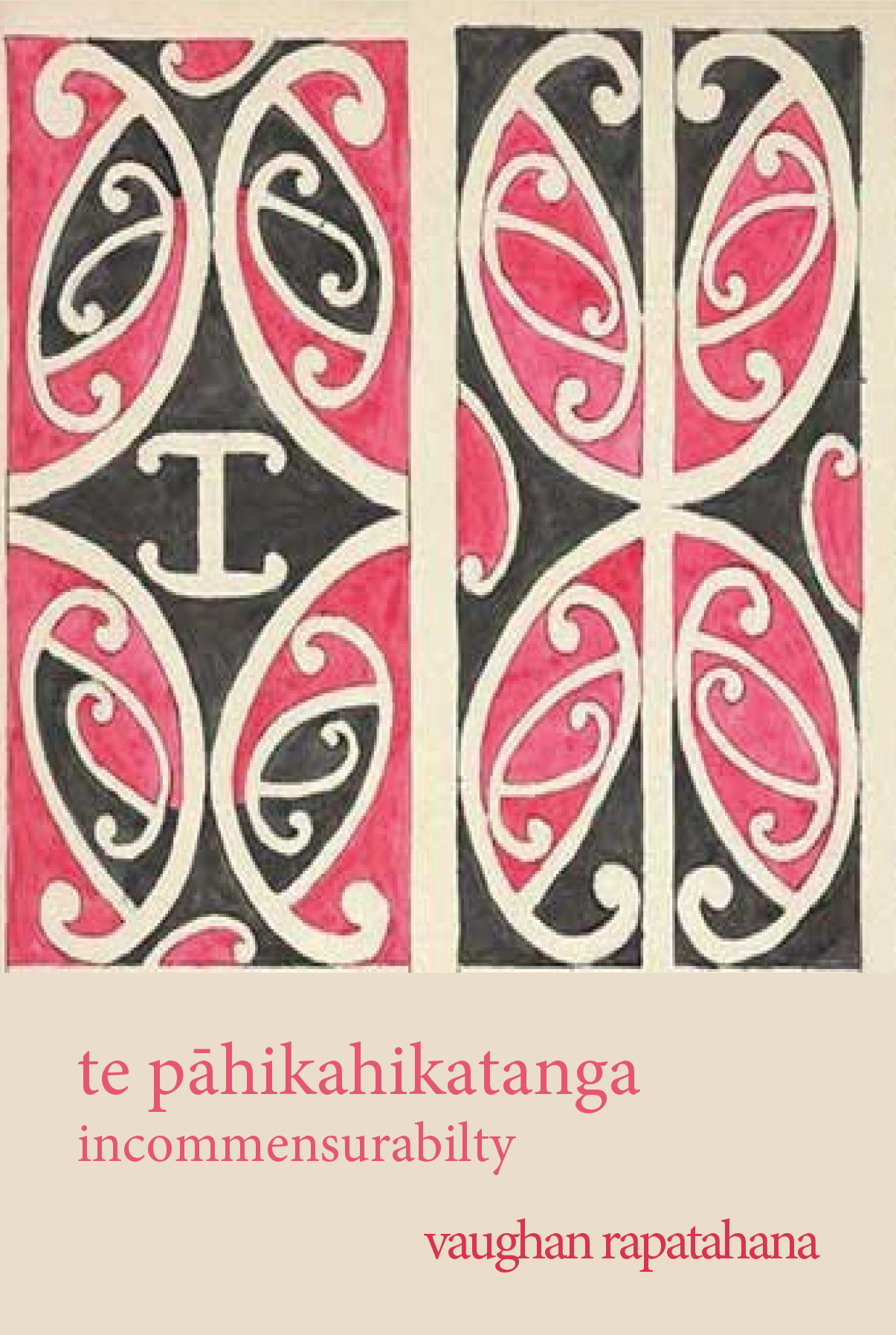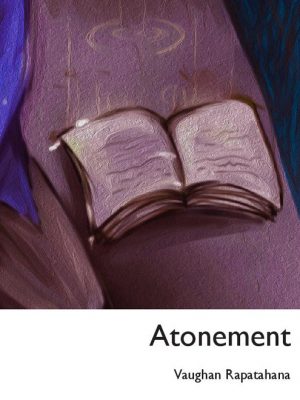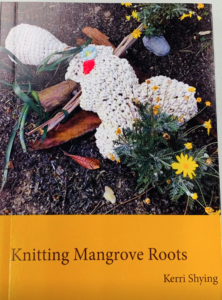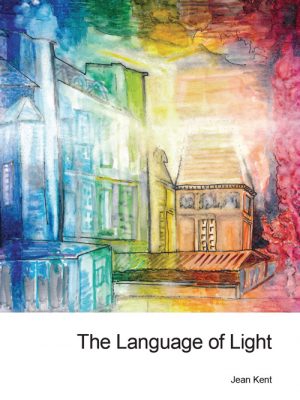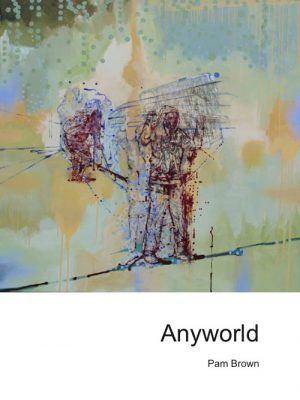 VAUGHAN RAPATAHANA (Te Ātiawa) commutes between homes in Hong Kong, Philippines and Aotearoa, New Zealand. He is widely published across several genres in both his main languages, te reo Māori and English, and his work has been translated into Bahasa Malaysia, Italian, French, Mandarin, Romanian and Spanish.
VAUGHAN RAPATAHANA (Te Ātiawa) commutes between homes in Hong Kong, Philippines and Aotearoa, New Zealand. He is widely published across several genres in both his main languages, te reo Māori and English, and his work has been translated into Bahasa Malaysia, Italian, French, Mandarin, Romanian and Spanish.
ENDORSEMENT:
Rapatahana is inventive in ways that few writers know how to be these days; a complex poet who foregrounds his use of language in transformative ways. Erik Kennedy, in a recent review of ināianei / now, pointed out: “He is the most daring poet we have when it comes to seasoning his work with sesquipedalian lingo (that is, million-dollar words) … he has a more developed practice than anyone else when it comes to writing translingual poems in te reo Māori and English.” One of the fascinations of his bilingual work is that it allows you to read back those arcane specimens of English vocabulary, those million-dollar words, into his Māori translations of them, making both languages seem, not just stranger, but wilder and deeper too.
Rapatahana’s poetry is spare and sharp and bristles with intent. Every word is precisely placed. His prose too is considered and exact, setting out connections between historical crimes, especially the confiscation of land, and the high rates of incarceration, homelessness, unemployment, poverty and suicide amongst Māori today. In both poetry and prose, he tells stories from the past in an attempt to heal the present, and thereby make a future possible. His bilingual texts emphasise that the loss of te reo was as catastrophic as land theft. Lip service to the outrage he and others still feel about these losses is common these days amongst the literati and their enablers, but direct experience of its effects, or engagement with them, is not.
Rapatahana’s poems are usually either laments, waiata tangi; calls to action, like haka; or fragmented narratives which lay out the details of historical wrongs… . His work witnesses the past richness, and contemporary undervaluing of, the tradition he works within, even during a period of so-called de-colonisation.
Martin Edmond (review of mō taku tama)
